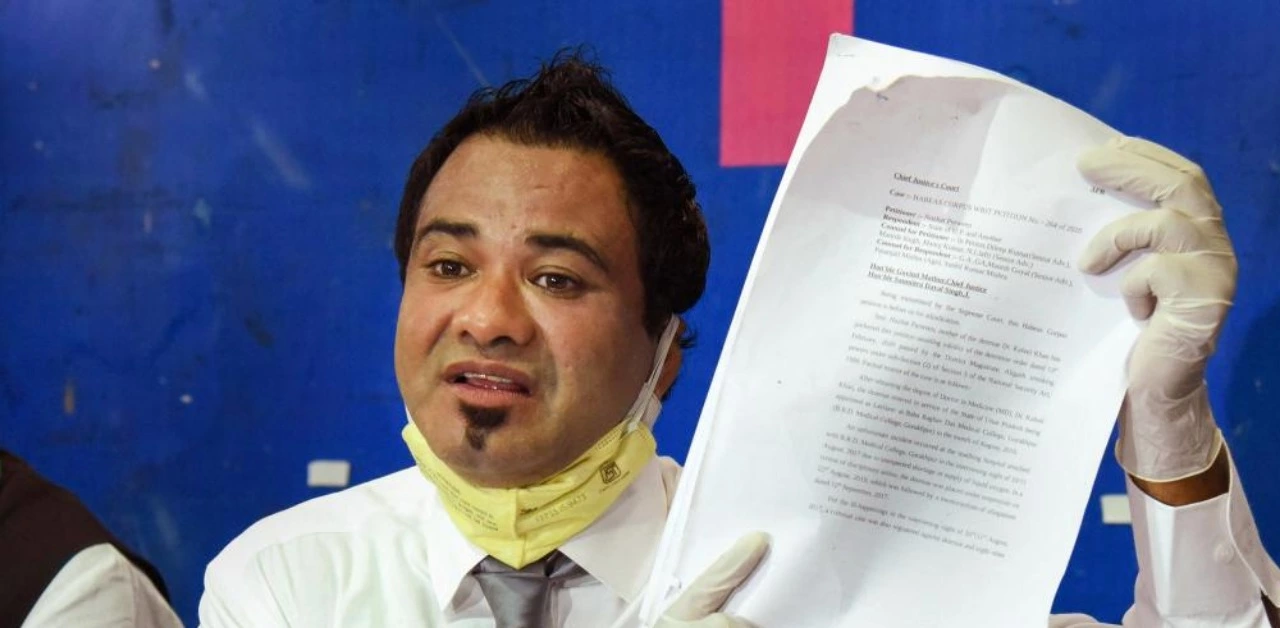High Court: What It Does and When You Should Care
If something in your state or government action feels legally wrong — like illegal phone-tapping, serious safety lapses in hospitals, or delayed justice — the High Court is often the place people turn to. High Courts handle civil and criminal appeals, writ petitions under Article 226, public interest litigation (PIL), service and property disputes, and supervisory work over lower courts.
Think of the High Court as the state's top court. It can correct legal errors from district courts, protect fundamental rights, and order immediate relief when waiting for a full hearing would cause harm. You don’t need to go to the Supreme Court first; many matters start at the High Court.
When should you approach a High Court?
Ask yourself: is there a clear violation of your rights? Did a lower court reach a wrong decision on procedure or law? Is there urgent harm that only a court order can stop? If the answer is yes, a writ petition or an appeal might be the right step. Common real-life triggers are illegal state action, police overreach, denial of basic services, or when lower courts misapply the law.
For urgent matters you can ask for interim relief — a temporary order that protects you until the full case is heard. That can matter in cases like immediate threats to health, property attachment, or unlawful detentions.
Practical tips: filing, lawyers and tracking your case
Find a lawyer who practices in the relevant High Court and discuss whether to file a writ, appeal, or PIL. A good advocate will tell you the main legal ground, the documents needed, and a realistic timeline. Keep evidence organized: certified copies of judgments, police reports, official notices, and any correspondence help your case move faster.
Most High Courts now support e-filing and publish daily cause lists and judgments online. Use the High Court website or the eCourts portal to track case status and next hearing dates. That saves time and avoids surprise adjournments.
Fees, procedures and timelines differ by state, so check local rules. If money is an issue, look for legal aid clinics or pro bono services run by law schools and NGOs. Public interest cases sometimes gather wider support and attention, which can speed up hearings.
Finally, be realistic. Litigation takes time. Ask your lawyer about alternatives: mediation, settlement, or administrative remedies can solve problems faster in many situations. But when rights are at stake and other routes fail, the High Court remains a powerful tool to get relief and set the law straight.

- 0 Comments
The Supreme Court recently transferred a petition on the detention of anti-CAA activist Kafeel Khan to the Allahabad High Court. Khan has been in preventive detention since January 29th and his family has stated that his arrest is politically motivated. The petition filed by Khan's brother requested the court to restrain the Uttar Pradesh government from illegally detaining him and to direct the authorities to release him. The Supreme Court has now directed the High Court to take up the matter and decide it on its merits. Khan's family is hoping that the High Court will grant them justice and set him free. The case has received significant public attention and has sparked widespread debate on the CAA, the right to protest, and the right to legal relief.